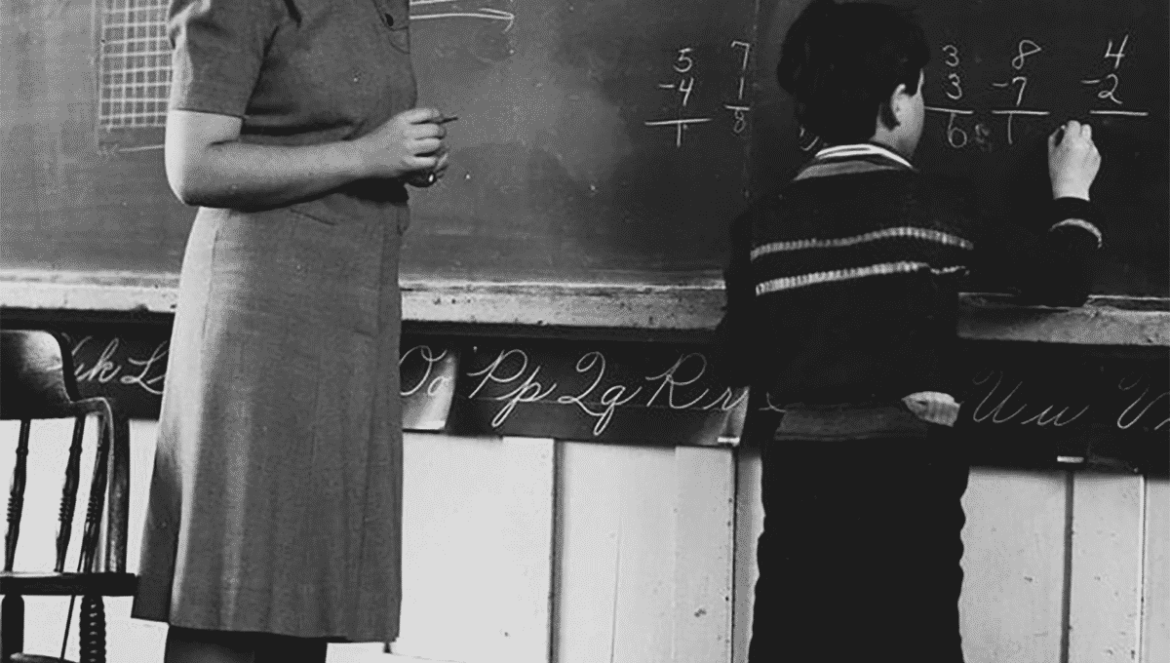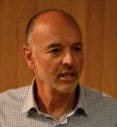by David Greene
Nancie Atwell, winner of the Varkey Foundation’s first Global Teacher Prize, recently spoke to CNN’s “New Day” show about receiving a $1 million award that she subsequently handed over to her school, the school she founded, the Center For Teaching and Learning.
I admire Ms. Atwell and all her work. I am sure she is a great teacher, but I have a problem with any teacher, even me, being called the best Global Teacher and winning an award of $1,000,000.
Although she humbly noted that she thought that the gift and award to her was symbolic of the Varkey Foundation’s acknowledgment of all teachers, only one was singled out. I know many “world’s greatest teachers” of English, Social Studies, Science, Math, World Languages, Art, Music, and Physical Education. No single teacher should get any award like that. It is simply an unfair contest. But that’s what we do in our society — we make everything a competition.
One of the three CNN co-anchors asked her to describe what she does that is so special. I listened to her then looked up what she described. It’s all very impressive. Then I realized that these are all things I have seen many English teachers do every day when they are in an environment that allows them to really teach.
Then, as curious as a kindergartener, I went to the CTL website and discovered how different this Independent (Is that code for private?) school is from public schools.
I gathered this information from the CTL website:
At CTL, there are small class sizes with 16-18 students, (with just 8-9 in kindergarten), a full-day kindergarten program focused on helping children feel secure and competent as they learn the essentials of writing, reading, and math and bond with a teacher and classmates, and never a standardized test.
Also at CTL, there is a library in every room, tens of thousands of books for students to choose from, time to read them every day, individualized instruction that results in both high proficiency and a passion for books and reading; a five-year spiral curriculum in science and history in which all students, grades K-8 engage together as researchers of paired concepts; a science lab and hands-on learning in science, and history with field trips, guest experts, experiments, project-based research, collaborations with regional environmental agencies and institutions, participation in the Maine Model United Nations Program, and explorations in the arts.
Each student also has access to daily writing workshops in which they develop his or her own topics, write in many genres, confer with their teachers about drafts in progress, communicate their ideas to others, and achieve recognition for writing excellence; an exemplary art program, weekly music classes in grades K-4, drama in grades 5-8, a school literary magazine, daily whole-school morning meetings that create a community as children and teachers chat about current events and natural phenomena, celebrate birthdays, sing, read poems, and laugh together, multicultural studies and celebrations, and daily recess, a well-equipped playground, and woods with a nature trail.
…Just like every public school we know. Hardly.
The other two top 10 finalists from the U.S. were Stephen Ritz, from Public School 55 in the South Bronx and Naomi Volain from an inner city urban high school. Why not them? But I digress….
Back to the TV interview.
Then came the bombshell.
Atwell was asked, “What do you say to kids out there who are trying to figure out what they want to do when they grow up, and might be considering teaching?”
Her response was, “Honestly, I’d encourage them to work in the private sector.” When asked why, she told the anchors what she could of what we know teachers are faced with constrained by CCSS and tests, turned teachers into technicians, not reflective practitioners. “And if you are a creative, smart young person, I don’t think this is the time to go into teaching unless an independent school would suit you.” What? Really?
Isn’t working in an independent school like working in the private sector?
Anyway, let’s get back to the real issue here. The reasons Ms. Atwell felt are reasons for students not to go into public school teaching are exactly why many public school teachers are leaving the profession earlier or sooner after starting. If the question, as asked, was referring to her middle school kids, then is she saying there will never be a return to creative, smart, young people to public school teaching? Is all hope gone unless you work in an independent school, as she does?
But let’s suppose she was really referring to today’s 20-somethings. Are we to give up on public schools and public school teaching? Are we to lose the oral history of the craft that master teachers hand down to younger teachers in the schools in which they work? Who then will teach teachers to teach? TFA? Will how to teach be taught from online or print sources? Who will be there to pay forward the craft?
I disagree with Ms. Atwell. Now is the time to actively recruit those “creative, smart, young” people who have what it takes, not only to become master teachers, but who also have the will to become masters of their own fate, fight back, defeat the “edupreneurs” making policy, and reclaim our great profession from those who have stolen it from our children. I bet both Mr. Ritz and Ms. Volain, and others, would agree.

